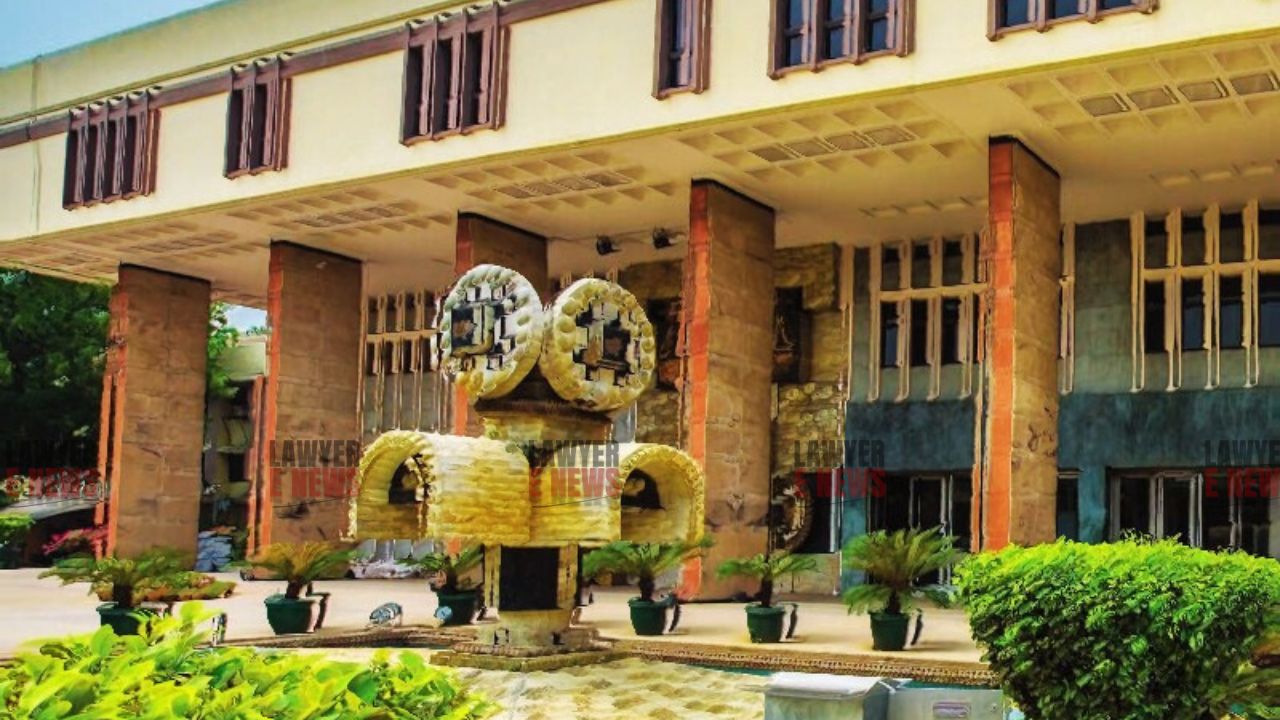-
by Admin
15 February 2026 2:36 AM



Stringent scrutiny under Section 45 of the PMLA necessary to safeguard public interest in economic offences. On November 19, 2024, the Delhi High Court dismissed Siddharth Kumar's bail plea in a money laundering case involving Shakti Bhog Foods Limited (SBFL). Justice Anoop Kumar Mendiratta emphasized the stringent conditions of Section 45 of the Prevention of Money Laundering Act (PMLA), 2002, and the seriousness of the economic offence involving public funds worth ₹3,035.52 crores. The court underscored that the allegations were significant enough to warrant continued detention.
Siddharth Kumar, a director and promoter of SBFL, was charged under Sections 3 and 4 of the PMLA following allegations of financial fraud. The company reportedly inflated its turnover and misappropriated loan proceeds, causing a consortium of banks a loss of ₹3,269.42 crores. The investigation began with a CBI FIR under Sections 420, 467, 468, and 471 of the IPC and the Prevention of Corruption Act, serving as the predicate offence for the ED’s case under PMLA.
The ED alleged that Kumar approved fraudulent Letters of Credit, routed funds through shell companies, and personally benefited from the proceeds of crime. The forensic audit by the State Bank of India also revealed substantial discrepancies, including false stock reporting and diversion of loan funds.
Limited Role: Kumar claimed his involvement was restricted to managing exports and domestic marketing under his father’s directions.
Prolonged Detention: His counsel emphasized the 26 months of incarceration, citing it as nearly one-third of the maximum sentence for the alleged offence.
Delayed Trial: It was argued that bail should be granted considering the prolonged trial process and the need to test the veracity of evidence during the proceedings.
The ED strongly opposed the bail application, contending that Kumar’s pivotal role in the laundering of funds was backed by extensive material evidence. The agency argued that granting bail would be contrary to public interest and cited the Supreme Court’s rejection of bail to a co-accused in the same case.
Justice Mendiratta concluded that Kumar had failed to meet the twin conditions of Section 45 of the PMLA:
Prima Facie Innocence: The evidence, including forensic audits and witness testimonies, pointed towards Kumar’s active involvement in the alleged scheme.
Public Interest: Given the gravity of the allegations and the potential societal impact, the court ruled that public interest demanded stringent scrutiny of economic offences.
The court further noted the direct benefit received by the petitioner from the proceeds of crime, including disproportionate remuneration and the diversion of funds for personal gain.
The bail plea was rejected, with the court affirming that such economic offences undermine public trust in financial systems and demand cautious adjudication.
Date of Decision : November 19, 2024
